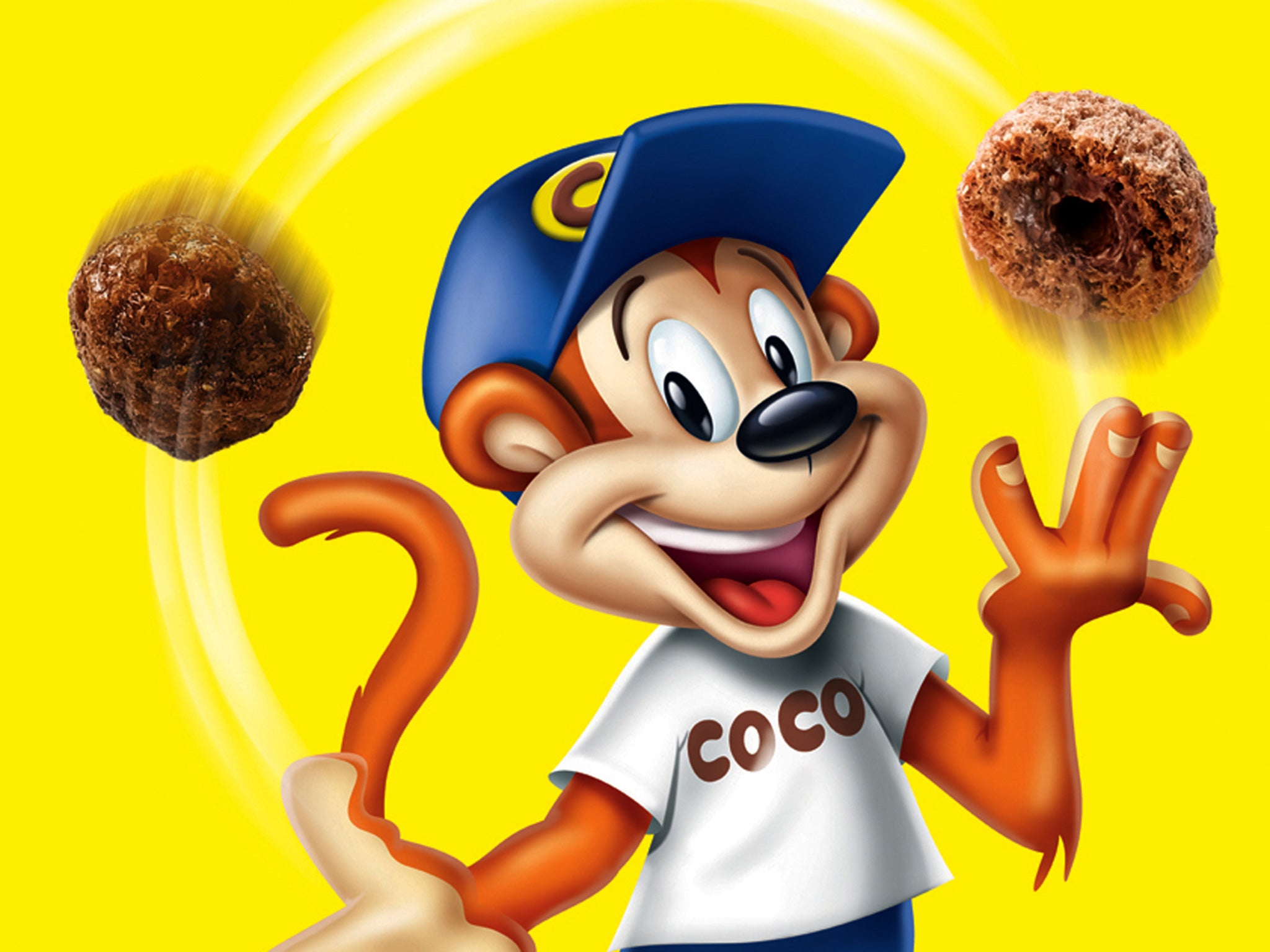Doritos, Coco Pops, Peperami among latest products to be hit by shrinkflation
A fall in the value of the pound since the Brexit vote, coupled with problems caused by the rising prices of some commodities, has been blamed for the reduction in pack sizes known as shrinkflation

Your support helps us to tell the story
From reproductive rights to climate change to Big Tech, The Independent is on the ground when the story is developing. Whether it's investigating the financials of Elon Musk's pro-Trump PAC or producing our latest documentary, 'The A Word', which shines a light on the American women fighting for reproductive rights, we know how important it is to parse out the facts from the messaging.
At such a critical moment in US history, we need reporters on the ground. Your donation allows us to keep sending journalists to speak to both sides of the story.
The Independent is trusted by Americans across the entire political spectrum. And unlike many other quality news outlets, we choose not to lock Americans out of our reporting and analysis with paywalls. We believe quality journalism should be available to everyone, paid for by those who can afford it.
Your support makes all the difference.Bags of Doritos, packets of Peperami and boxes of Coco Pops have become the latest treats to shrink in size as retailers passed on surging costs from the Brexit-hit pound and rising commodity prices.
Sharing bags of Doritos have been reduced from 200g to 180g but are still remaining on sale for the same average price of £1.99 in the UK, a spokesperson said on Thursday.
At the same time, Peperami snacks have also reportedly been trimmed from 25g to 22.5g, while the sales price has remained the same at 79p a stick.
A large box of Coco Pops cereal has been reduced in size from 800g to 720g, while the smaller 550g box now weighs 510g.
Kellogg’s, which owns the brand, said a change in recipe was the reason behind the weight drop.
“We recently reduced sugar in Coco Pops Original by 14 per cent, which has reduced the weight of some packs,” a spokesperson said.
“For example, the 550g box now weighs 510g but the number of Coco Pops per box has increased from approximately 14,500 to 16,500. That’s a 15 per cent increase,” Kellogg’s added.
A spokesperson for Doritos owner PepsiCo said that the company is facing factors such as “fluctuating foreign exchange rates which are impacting the cost of ingredients and materials”.
“As a result we’ve had to make a few changes to certain Doritos packs. We always strive to provide high quality, competitively priced products and will continue to review our range to ensure we offer great value to our customers,” PepsiCo added.
Peperami, which is manufactured in mainland Europe, also said that is has been “subject to rising commodity costs and foreign exchange pressure due to significant currency fluctuations”.
“We always endeavour to reduce the impact of such movements to ensure our brands are as affordable as possible for our loyal consumers and have limited this impact to a reduction in the size of our sticks from 25g to 22.5g, whilst maintaining the number of sticks sold in multipacks,” a spokesperson for Peperami said.
Lianne van den Bos, senior food analyst at Euromonitor International, said: “Retailers are trying to keep products at as low a price as possible in their stores in order to compete with discounters such as Aldi and Lidl, whilst manufacturers’ input costs are going up, they have been expected to sell their products at the same price as before. The only way for companies to do this and mitigate the impact on profit margins is to shrink the size of the product.
“Many manufacturers will say that they are shrinking the size of their products as part of their responsibility to consumers with regards to health. Indeed, many manufacturers in the UK have shrunk the size of their products as they try to hit a voluntary target of no more than 250 calories per serving of a chocolate bar. But whilst this sounds honourable, the bottom line is the main motivation for shrinkflation.”
A fall in the value of the pound since Britain voted to leave the EU in June, coupled with problems caused by the rising prices of some commodities, has been blamed for the reduction in pack sizes, known as shrinkflation, where prices remain the same as portion sizes get smaller.
Last year, Toblerone came under fire after the space between the distinctive triangles of its bars was increased. Rival Mars has also shrunk its sharing bags of Maltesers by 15 per cent.
Earlier this year, Premier Foods, which makes Mr Kipling cakes and Bisto gravy, said it was in talks with supermarkets over pushing up prices by about 5 per cent.
According to the latest BRC-Nielsen Shop Price Index, food inflation hit 1 per cent year-on-year last month, the sharpest rise in more than three years.
Join our commenting forum
Join thought-provoking conversations, follow other Independent readers and see their replies
Comments